Search
Did you mean: Punt?
Search Results
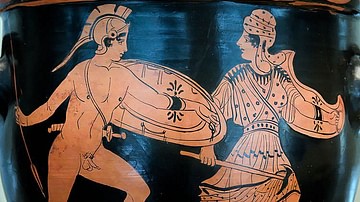
Article
A Visual Who's Who of Greek Mythology
Achilles The hero of the Trojan War, leader of the Myrmidons, slayer of Hector and Greece's greatest warrior, who sadly came unstuck when Paris sent a flying arrow guided by Apollo, which caught him in his only weak spot, his heel. Adonis...
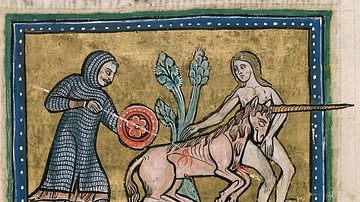
Article
The Unicorn Myth
The unicorn, a mythical creature popularized in European folklore, has captivated the human imagination for over 2,000 years. For most of that time, well into the Middle Ages, people also believed them to be real. The roots of the unicorn...
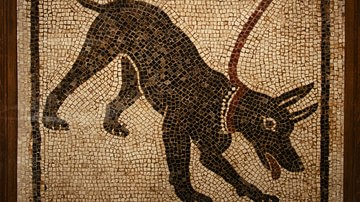
Article
Dogs in the Ancient World
Dogs have been a part of the history of human beings since before the written word. The ancient temple of Gobekli-Tepe in Turkey, dated to at least 12,000 years BCE, has provided archaeologists with evidence of domesticated dogs in the Middle...
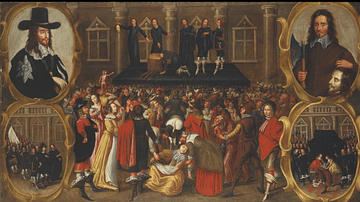
Article
Consequences of the English Civil Wars
The impact and consequences of the English Civil Wars (1642-1651) were many and far-reaching. Charles I of England (r. 1625-1649) was executed, and the monarchy was abolished. Oliver Cromwell (1599-1658) then headed the Republic as the Lord...
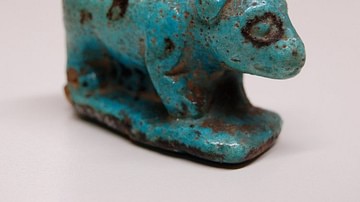
Article
Dogs in Ancient Egypt
The dog as "man's best friend" has a long history going back to the ages long before the civilization of ancient Egypt was established but the Egyptians were among the earliest people to recognize the value of the dog and show their appreciation...
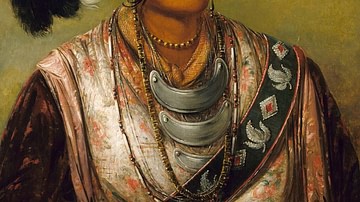
Article
A Seminole Creation Story & Other Tales
The Seminole are a Native American nation of people descended from the Muscogee Creek nation, and others, who migrated to the modern-day State of Florida in the 1700s fleeing wars in the north. They were later joined by runaway slaves known...
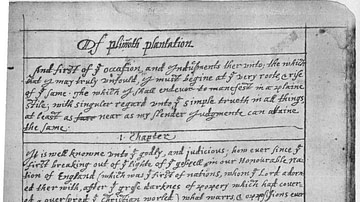
Article
Of Plymouth Plantation: Brief Summary & History
Of Plymouth Plantation (also known as History of the Plymouth Plantation and William Bradford's Journal, written 1630-1651 CE) is the first-hand account of William Bradford (l. 1590-1657 CE), second governor of the Plymouth Colony (1620-1691...

Article
Pets in Colonial America
Pets in Colonial America were kept by the colonists for the same reasons they were in Europe: for companionship and, in the case of dogs, for protection, hunting, and herding. Cats controlled vermin in homes and barns until the 18th century...
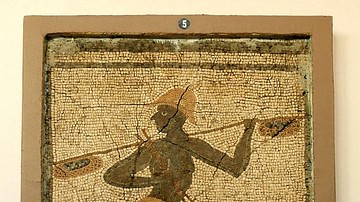
Article
The Roman Empire in West Africa
At its fullest extent, the Roman Empire stretched from around modern-day Aswan, Egypt at its southernmost point to Great Britain in the north but the influence of the Roman Empire went far beyond even the borders of its provinces as a result...
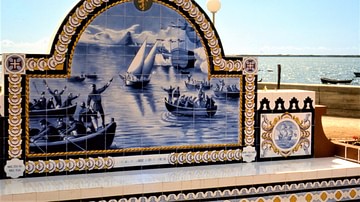
Article
Azulejos: The Visual Art of Portugal
Glazed blue ceramic tiles or azulejos are everywhere in Portugal. They decorate the winding streets of the capital, Lisbon. They cover the walls of train stations, restaurants, bars, public murals, and fountains, churches, and altar fronts...